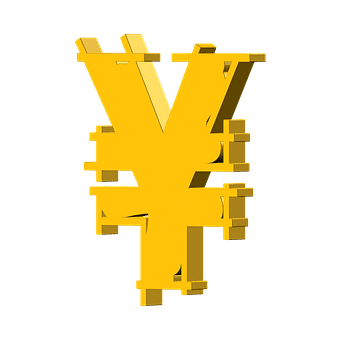 The Japanese Vice finance minister for international affairs Yoshiki Takeuchi cautioned investors against driving up the Japanese Yen, hinting that the government would intervene in the market if the performance of the Yen threatens the Japanese economy, which heavily relies on its exports.
The Japanese Vice finance minister for international affairs Yoshiki Takeuchi cautioned investors against driving up the Japanese Yen, hinting that the government would intervene in the market if the performance of the Yen threatens the Japanese economy, which heavily relies on its exports.
“As we have been saying, it’s necessary to take action based on the G7 and G20 agreement if currency moves have a negative impact on the economy and financial markets,” said Takeuchi on a press conference, right after a meeting with top officials from the Ministry of Finance, Bank of Japan and the Financial Services Agency.
Despite this, Takeuchi highlighted that the Global and the Japanese economies are in "a stable situation." This is a remarkable statement considering that Trump's trade war has driven up uncertainty in the international markets and has disrupted the supply chains significantly.
Trump's tweets about the Sino-American trade war have driven liquidity towards "secure currencies" in the past, pushing down the American Dollar and the Chinese Yuan, and strengthening currencies like the Japanese Yen. However, as the Japanese economy relies heavily on its exports, such a situation tends to be negative for the economy, as a stronger domestic currency weakens exports while making imports cheaper.
Recently, the dollar briefly fell under the 106 yen line, hitting a seven-month low, just as the Euro, which hit its lowest level since April 2017. Takeuchi explained that the Japanese Government closely monitor those moves, adding that this excess of volatility is negative for the economy.
"Excessive volatility is negative to the economy. We will closely monitor the moves," he said.
The major world currencies were reacting to Donald Trump's decision to impose extra tariffs on Chinese goods, a move that reportedly was against his advisors. The people's Bank of China attributed the drop of the Yuan “to unilateral trade protectionism, as well as expectations of more tariffs on China”.
